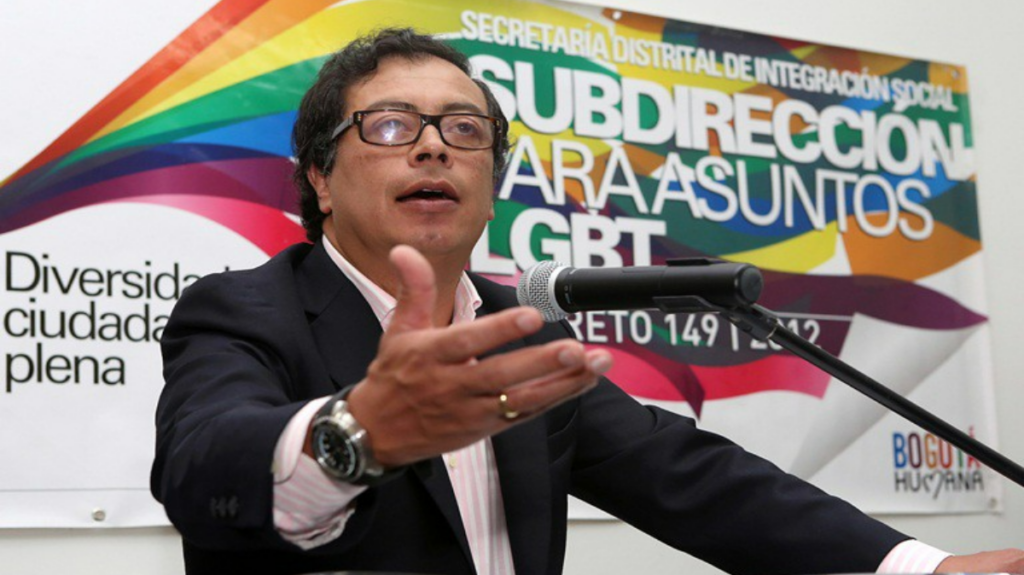On May 2, the Colombian Senate debated the National Development Plan. One of the points where the government ran aground was Article 304, which sought to impose and so-called “sexual and reproductive health”, which is a euphemism for abortion. The contentious article was finally overturned.
Once again, we saw that spirit of August 10, when we witnessed a massive movement that succeeded in stopping the indoctrination of children through Colombian school textbooks. At the time, the scandal left the then Minister of Education, Gina Parodi, without the office. Moreover, that victory empowered parents and contributed to the birth of the current pro-life caucus.
The success of the rejection of Article 304 is very relevant because it adds to the progress of a bill that would make effective the preferential right of parents in the sexual education of their children according to their principles and values. And to close the virtuous circle, it also coincides with the rejection of another bill that sought indoctrination in the classroom.
When a society is alive and organized, the agenda that promotes anti-values cannot advance while the agenda supporting life, family and freedom ends up being implemented in society.
In the case of Colombia, the coalition government of Gustavo Petro collapsed on April 28. Conservatives, Liberals and Partido de la U, who until now were government partners, become parliamentary opposition. And all incentives point to the need to distance themselves from the government to which they belonged until only recently.
This is what has happened with the Conservative Party, which in the controversial Article 304 of the National Development Plan saw a perfect battering ram to distance itself from the government and show its independence.
And it is to be expected that such moves will continue to occur in the near future. Petro will only be able to govern from the most extreme radicalism. That is why it is a good time to put the brakes on their radical ideological projects: they have already lost their majority and it is difficult for them to regain it.
Petro is known only in his presidential palace in Nariño. And that is why he threatens that either democracy will smile on him, or he will impose it by revolutionary means:
“The attempt to restrict reforms can lead to revolution. What is needed is for the people to be mobilized, as they were with (independence hero Simon) Bolivar.”
Translation: either vows or boots.
However, the threat reveals nothing but weakness. And that is an opportunity for the pro-life and pro-family forces in Colombia.
